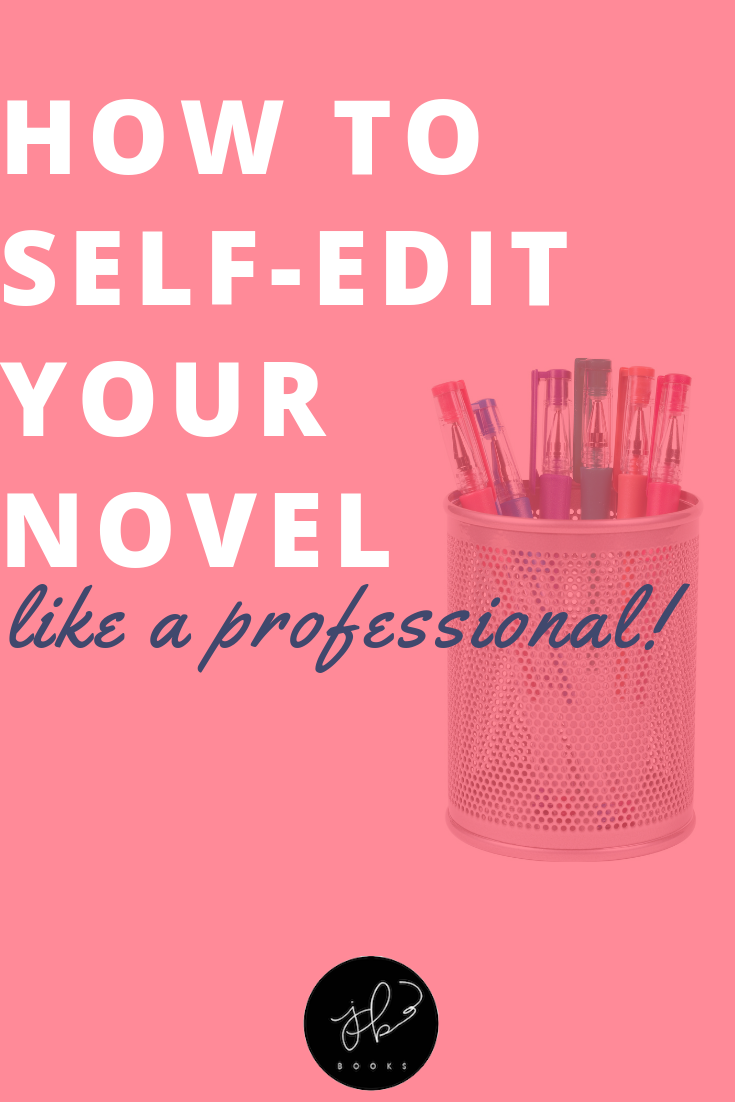This is post #11 in a fifteen post series, entitled “15 Days to Writerly Awesome in 2015,” posting on Sunday, Monday, Wednesday and Friday of January.
the above photo is a modified adaptation of this work
Below is a guest post from my dear friend Marissa Fuller, editor extraordinaire:
January is a time for reflecting on the past year. Just a few months ago now, many of us writerly folk participated in NaNoWriMo, if I’m not much mistaken. If you haven’t started already, you’ve likely been popping your head into your office/ water closet/ cupboard under the stairs, or wherever it is you keep your laptop, thinking it’s about time to get to editing that NaNo manuscript. On the other hand, you may have already finished editing it! I know a few people who pitched and queried their NaNo manuscripts in December (??!!@##UHFSOA).
Here’s the thing—you wrote that manuscript within the confines of a month. It could be absolute gold, but there is no getting around the fact that it was written in thirty days or less. For most of us, that means we just jotted down our story as fast as we could, not giving ourselves many moments to sit and think on the perfect phrasing (this is what drove me mad during NaNoWriMo), or the proper scene sequence, or to mix in the right amount of foreshadowing. Here's why you should edit your NaNoWriMo novel now:
Breathe in Edits
Take your time in editing. Just do a couple hours a day (a week!) if that’s what your manuscript needs. Mull over plot changes, edit out of order—give yourself the time you didn’t take while creating in NaNoWriMo. Even thought you wrote something quickly, you still have to put in the hours in other ways, like editing.
New writers might think that editing is basically syntax and punctuation corrections, and that alone. The truth of the matter is, your manuscript is born out of editing. Edits could (and should) change your manuscript in a huge way, even more so if you’re having a professional edit your manuscript as well.
It’s no small task, and it’s not something that can be done in a rush. Your first few drafts are just as, if not more, important than your first, because you continue to write and to learn your story as you weave through it.
Let your manuscript breathe the sweet air of change, of growth, of synonyms that liven the language and bring it to a whole new level. Oh, and did I mention? You should probably breathe, too.




